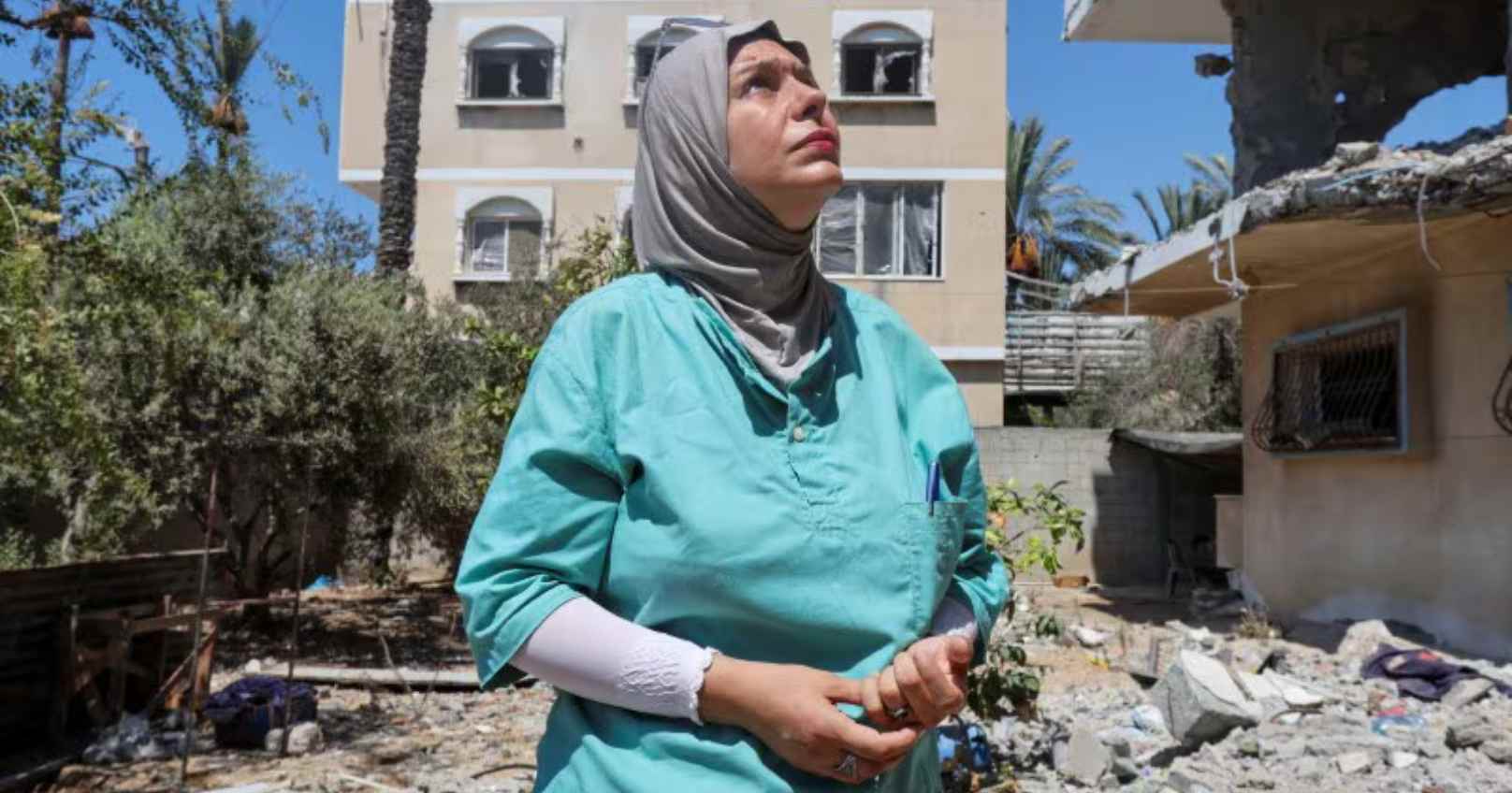In Gaza, paediatrician Dr. Lobna al-Azaiza faces a grim reality: when young girls tell her they have no combs, she suggests they cut their hair. The shortage of basic necessities is not limited to combs—shampoo, soap, menstrual products, and household cleaning supplies are also scarce due to the ongoing Israeli blockade on the war-torn territory.
The blockade, compounded by ten months of relentless conflict, has led to the collapse of waste collection and sewage treatment systems. The result is a surge in contagious diseases, such as scabies and fungal infections, which thrive in overcrowded and unsanitary conditions.
"In recent times, we've seen a spike in skin rashes and other skin conditions," Dr. Azaiza explained. "These are largely due to the overcrowding in refugee camps, intense heat within tents, children sweating excessively, and the severe shortage of water for proper hygiene."
Dr. Azaiza, who previously worked at Kamal Adwan Hospital in Beit Lahia, has had to adapt after Israeli forces cut off the northern part of the enclave from the south. Like many of Gaza's healthcare workers, she now walks past her own destroyed home—flattened by an Israeli airstrike—on her way to a makeshift tent clinic where she treats patients.
What began as a clinic for children has evolved into a lifeline for entire families, most of whom have been displaced by the conflict. In Gaza, where the population of 2.3 million has been devastated by war, the lack of affordable medicine adds to the suffering. A simple tube of burn ointment now costs as much as 200 shekels ($53), making it inaccessible for most.
The humanitarian situation has worsened since Israel took control of the Rafah border crossing with Egypt, severely limiting international aid deliveries. While Israel claims it is not responsible for delays in aid distribution, instead placing the blame on the United Nations and other organizations, the impact on Gaza’s residents is undeniable.
For Dr. Azaiza, the solution is clear: "The border crossing must be opened so we can bring in essential medications. The ones we have now are ineffective—they have no impact on the skin diseases we're treating."







